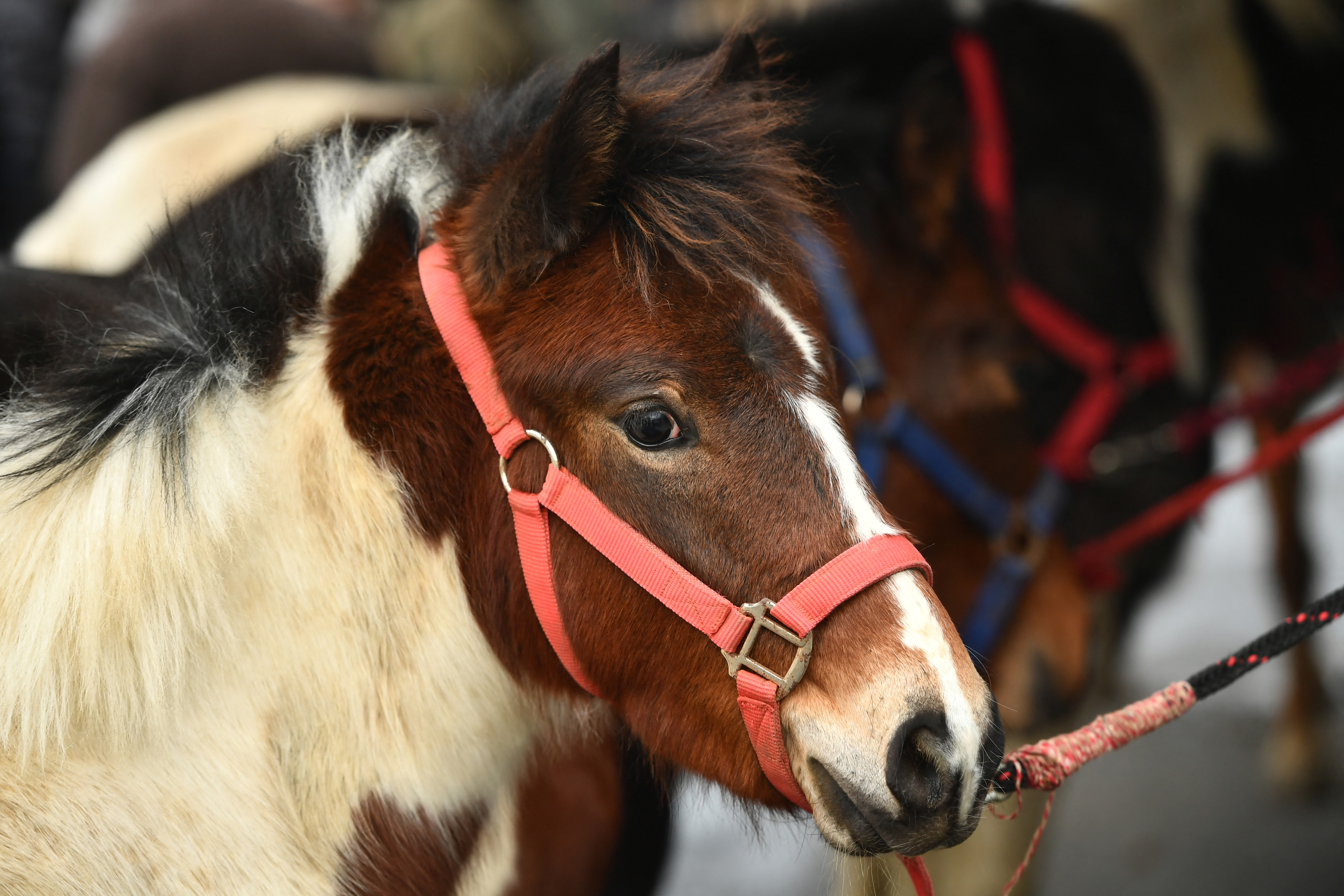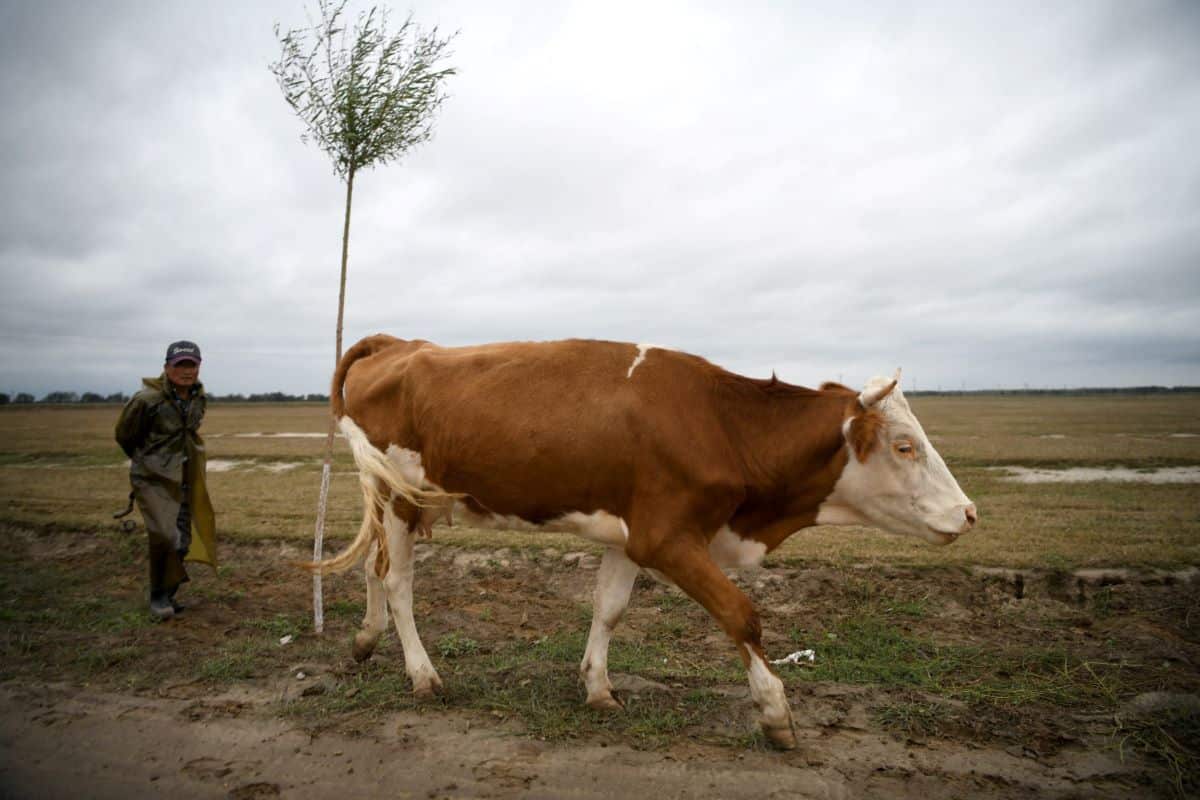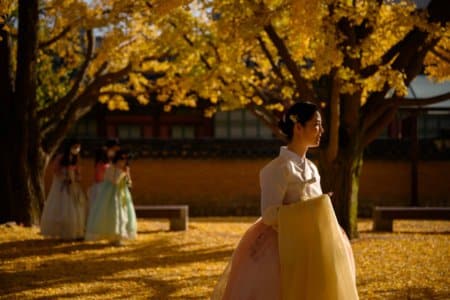
Many TikTok users utilise the app to consume content, learn, and talk to others. So when the US government implemented a ban in early 2025, over 170 million American users were locked out, leaving a massive void in the global social media landscape. The hunt was on for the next big thing, which led straight to “China’s Instagram,” RedNote.
RedNote, more popularly known as Xiao Hong Shu (小红书), is a Chinese social media networking and e-commerce platform boasting over 300 million monthly users. It has a Pinterest-style layout, with content focused on travel, makeup, fashion and shopping. Users can post short videos, engage in live chats, call each other and even purchase products.
As January 19, 2025. – the ban date – loomed closer, its monthly users soared. In only a few days, RedNote shot up the list to become the top downloaded free app on Apple’s App Store in the US. This resulted in an amusing series of what could only be described as a surge in Chinese lessons worldwide – all around the globe, people were looking up Chinese words and phrases to use to make new friends, greet others, and hold conversations on RedNote. Asian communities on TikTok, Instagram, and even YouTube banded together to create educational videos on how to say common phrases in Chinese.

Think of RedNote as an infinite-scroll Instagram, with short videos like TikTok. Source: AFP
Most RedNote natives were baffled at first, but ended up bonding with new users, engaging in surprisingly friendly conversations about each other’s lives.
American high school student Venus Rios posted the following: “Hi Chinese netizens! I am American, if you need help with your English homework, please tell me!”
Within a day, the 17-year-old had received nearly 2,000 comments.
That’s just one of many examples of how this mass migration to RedNote made it possible for many people worldwide to view videos and pictures of each other and showcase each other’s lives. It also brought about mutual understanding, as users educated each other on different cultures, even erasing misinformation and misconceptions about each other.
While the ban has been put on hold, Americans who deleted their TikTok app can no longer download it from their App Store/Google Play.
Whether they choose to stay on RedNote or not remains to be seen, but this series of events has led to a widespread interest in Chinese words, phrases, and the language in general.
Interested in joining in? We’ve got the insight you need.

One wrong intonation and you’re either calling your mother a horse, or a horse your mother. Source: AFP
A crash course on Chinese words and languages
First things first, let’s get the technical stuff out of the way.
It’s crucial to note that Chinese isn’t really a language – rather, it’s a “group” of languages.
Specifically, Sino-Tibetan languages, of which there are many varieties. The most popular is Mandarin Chinese, from which the Chinese words we know are likely to come.
Officially, China has 10 varieties of dialects (which linguists classify as separate languages) spread across its vast country, spanning the equivalent of five time zones and bordering 14 countries by land:
- Mandarin in the northern, central, and western parts of China
- Wu; Northern and Southern Min; Gan (Kan); Hakka (Kejia); and Xiang; and Cantonese (Yue) in the southeastern part of the country.
Native speakers of Mandarin, which is based on a dialect spoken by people in Beijing, make up 65.7% of the Chinese population.
The next popular dialects are Min (for which Hokkien, spoken in southern Fujian and Taiwan, is a well-known variety) and Cantonese (known globally through martial arts movies and Hong Kong pop culture).
The language is fairly intricate, too – there are eight variants and numerous less prevalent ones. Compared to the common A-Z as we know it, Chinese has thousands of characters, each composed of specific strokes rather than a combination of letters.
Lacking an alphabet, one cannot merely spell Chinese words based on their sounds or read words by stringing together letters. Rather, you have to listen to its tone – similar to using tone in English to convey emphasis or emotion, every Chinese word possesses a particular tone that determines its meaning.
In other words, the same sound can have up to four different intonations, each conveying five distinct meanings.
An easy example? You can accidentally call your mother a horse – the word for “mother” (mā 妈) shares the same spelling as “horse” (mǎ 马). So, think twice before you attempt to say any Chinese words.
Although it’s one of the hardest languages to master, many see it through for the many benefits they stand to gain – including some of the world’s most successful CEOs.

Mark Zuckerberg may not be fluent in Mandarin, but he knows enough Chinese words to communicate in the language. Source: AFP
In 2015, Mark Zuckerberg, the founder of Facebook, surprised Chinese students by delivering a speech in Mandarin during an event at Tsinghua University in Beijing.
It takes effort and courage to attempt to learn Chinese words – and anyone who tries to do it all deserves credit.
But beyond exposing how complex Chinese words and language are, Zuckerberg’s speech raises bigger questions: Could Chinese become the language of the future? Is it possible that Chinese might supersede English as the world’s international language?
Mandarin Chinese already boasts the largest number of native speakers among all languages, with 1.35 billion speakers, and China is on the verge of surpassing the US as the world’s largest economy.
Schools worldwide are adding Mandarin to their curriculums – Saudi Arabia is the latest to mandate Chinese language education in schools.
So, could Chinese take over English and become the lingua franca of the world? While that still seems impossible for the foreseeable future, it’s never too late to start preparing.
Here are some great Chinese words to know for those intending to learn the language, want to travel to a Chinese country for study or work, or simply wish to check out RedNote for themselves:

RedNote has exploded in popularity across the world despite it not being very English-speaking friendly. Source: AFP
10 most useful Chinese words to know
1. 你好 Nǐ hǎo
If there is one Chinese word you need to learn, this is it. This is the most common greeting in Chinese, used to say “hello” or “hi” when meeting someone.
2. 谢谢 Xièxiè
A polite expression of gratitude, used to say “thank you” or “thanks”.
3. 对不起 Duìbuqǐ
An apology or an expression used to say “sorry” or “excuse me”. An alternative is 不好意思 (Bù hǎo yìsi), which leans more into “pardon me” territory.
4. 不客气 Bù kèqì
This means “you’re welcome”, commonly used after someone says 谢谢 xièxiè.
5. 没关系 Méiguānxi
This means “it’s okay” or “no problem”. Mostly used as a phrase to reassure others.
6. 请问 Qǐngwèn
This translates to “May I ask-?” and is a polite phrase used to ask a question or request information.
7. 早安 Zǎo ānān
This is used as a greeting to say good morning. So instead of saying hello (nǐhǎo), you can greet someone with just “zǎo” in the morning.
8. 晚安 Wǎn ān
This means goodnight, or used right as you’re about to go to bed, regardless of what time of the day it is.
9. 亲 Qīn
On its own, this word means “kiss”, or it could even refer to a blood relative. But in formal contexts, it’s a polite way to refer to another person. The most common example is from a seller to a customer, hence why you may see AliExpress sellers calling you ‘dear’ most of the time.
10. 再见 Zàijiàn
This phrase is used to say “goodbye” or “see you later”

You can insult someone in Chinese by calling them a stupid egg. Source: AFP
Bonus: 10 witty Chinese words to know
Some Chinese words can be pretty amusing, especially when their meanings are not immediately apparent. In fact, some funny Chinese phrases often have hilarious, double meanings when directly translated.
The more you know!
1. 吹牛 Chuī niú
“Chuī niú” translates to “bragging” or “boasting” in English. It is a commonly used expression to describe someone who exaggerates or boasts about their own abilities, achievements, or experiences.
However, this phrase actually translates to “blowing the cow.”
2. 炒鱿鱼 Chǎo yóu yú
Though the Chinese phrase “chǎo yóu yú” translates to “stir-fried squid” in English, it has an entirely different meaning.
In Chinese slang, “chǎo yóu yú” indicates being fired from a job or getting laid off. In other words… you’re cooked.
3. 落汤鸡 Luò tāng ji
The phrase “luò tāng jī” translates to “soaked chicken”.
It’s an expression used to describe someone thoroughly wet or soaked, typically in the context of getting caught in heavy rain or falling into the water. In short, yes, you look like a drenched chicken.
4. 装蒜 Zhuāng Suàn
This means “to pretend to be garlic.” This phrase is used to describe someone who is pretending to be dumb or ignorant.
Ironically, we think garlic is pretty useful for cooking.
5. 傻蛋 Shǎ dàn
A very common and lowkey hilarious insult in Mandarin is “shǎ dàn”, which translates to “stupid egg.”
Depending on the situation, this can either be a playful insult when a friend does something dumb or straight up fightin’ words if said to a stranger.
6. 拍马屁 Pāi mǎ pì
“Pāi mǎ pì” translates to “to flatter” or “to kiss up.”
However, the literal translation of the phrase is “patting the horse’s butt,” which refers to the act of stroking or praising a horse to gain its favour.

Some Chinese words have double meanings and can land you in situations saying you’re “blowing the cow.” It can also mean “slay”. Source: AFP
7. 牛逼 Niú bī
Another cow-related phrase that doesn’t actually relate to a cow – this phrase means “amazing” and expresses admiration.
So if someone on RedNote calls you 牛逼, they’re saying you slayed.
8. 永远的神 Yǒngyuǎn de shén
Sometimes abbreviated to YYDS, Chinese netizens use this to describe something or someone that’s outstanding.
In a literal sense, they’re saying that you are their “eternal god” or their “forever my god”. It’s also good to note that “god” in this context doesn’t refer to a divine being – it just means that something or someone is incredible.
9. 一脚踏两条船 Yī jiǎo tà liǎng tiáo chuán
A funny phrase that means you have a foot in two boats. Hard to imagine!
This is commonly used to describe cheating scandals – someone who’s cheating on their partner could fall under this category, or someone who is juggling contrasting commitments.
10. 打卡 Dǎ kǎ)
Literally means to “punch in,” but it can be used for multiple contexts other than clocking in at work.
Checking into a location, such as a cafe, tourist spot or amusement park, counts. Or if you play online games that have a daily check-in system – gacha games, language learning apps, or daily challenges – it can also be used to describe completing your tasks.
Disclaimer: This article was last updated on February 17, 2025.










